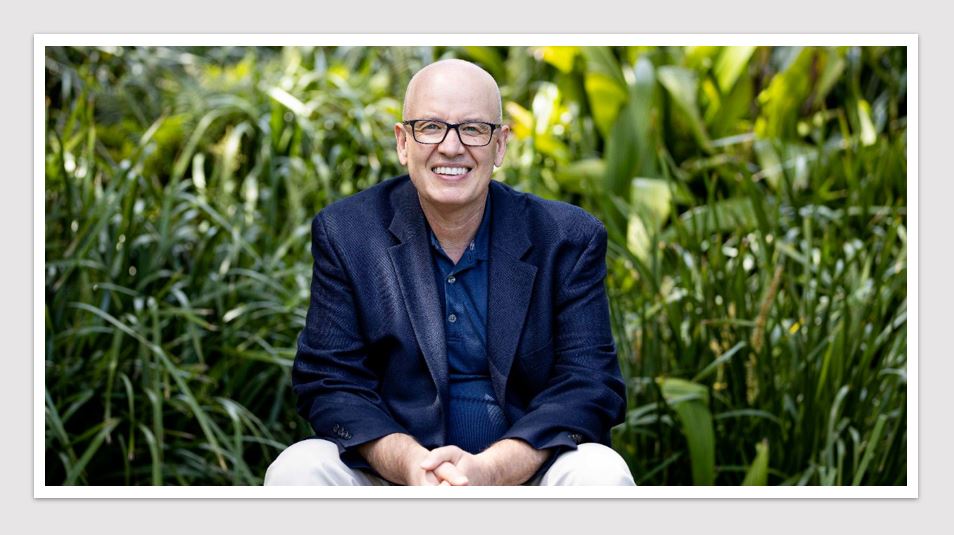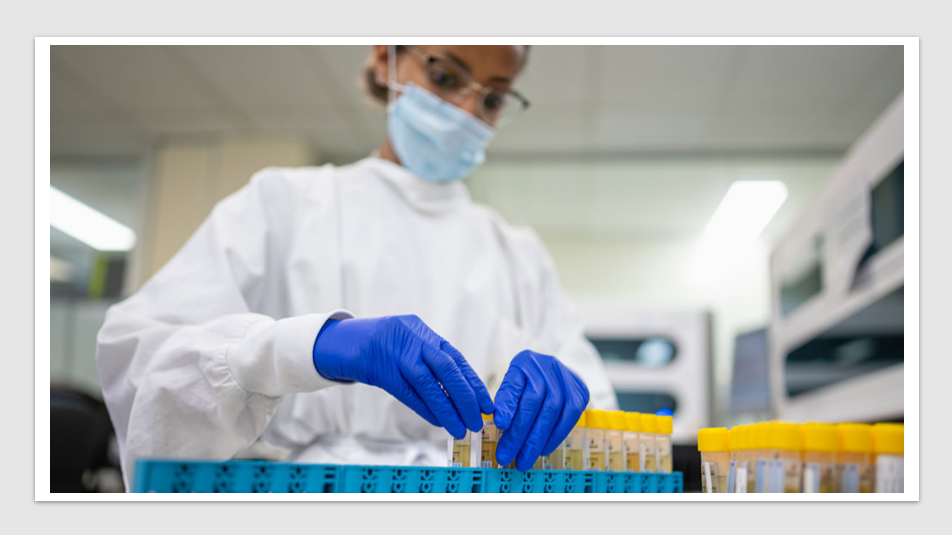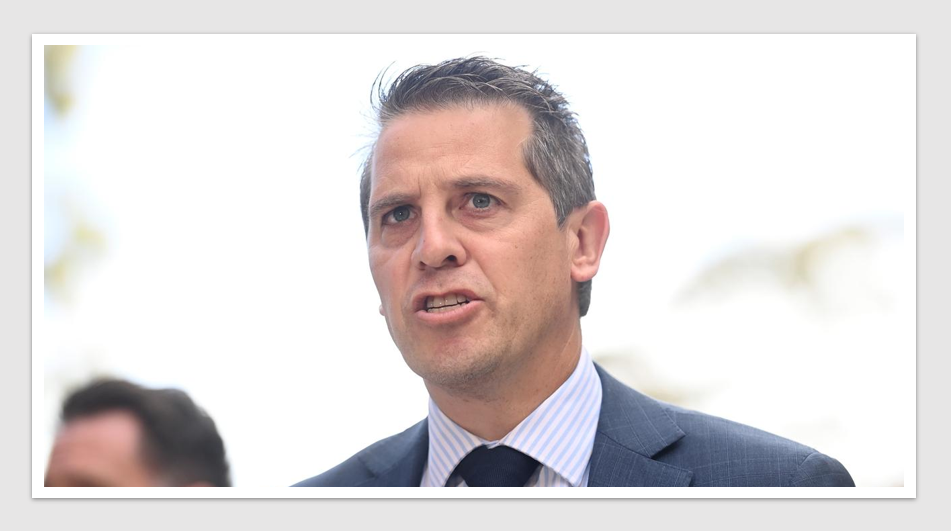Medical
COVID-19 vaccine pioneer awarded Prime Minister’s Prize for Science

Medical: An evolutionary biologist and virologist who played a transformative role in the global scientific response to COVID-19 has won this year’s Prime Minister’s Prize for Science.
Professor Edward Holmes from the University of Sydney received the $250,000 prize for almost 30 years of pioneering research on genome sequencing data, providing invaluable insights into diseases such as HIV, Ebola, SARS and most recently, COVID-19.
Last year Professor Holmes was the first person in the world to publicly share the COVID-19 virus’ genome sequence. This crucial data enabled scientists to start vaccine design within days.
Prime Minister Scott Morrison said Professor Holmes’ research into emerging viruses played a critical role in Australia’s response to COVID-19.
“Science has been at the forefront of our minds for the last 18 months, and Professor Holmes’ contribution to accelerating the development of the COVID-19 vaccine – doses of hope, as I call them – saved countless lives,” the Prime Minister said.
“For over 20 years, the Prizes have recognised remarkable Australians whose dedication to scientific research and innovation has led the way in shaping the future of our country, and Professor Holmes exemplified why we placed our trust in science to effectively respond to COVID-19.
“On behalf of all Australians, congratulations to the scientists, innovators, educators and research organisations being recognised for their dedication to solving the challenges of today and tomorrow.”
Vice-Chancellor and Principal of the University, Professor Mark Scott, said “Eddie has been indefatigable in his work to understand viral evolution and his expertise has been indispensable during the COVID pandemic. It shows that universities are invaluable public assets that deliver time and again for the Australian public and the world at large.”
The $250,000 Prime Minister’s Prize for Innovation was awarded to Professor Anthony Weiss AM from the University of Sydney for his trailblazing research into accelerating and improving the repair of human tissue. In 2008 he founded Elastagen to commercialise his research and inventions.
Minister for Science and Technology Melissa Price said research-based innovation leading to commercialisation demonstrated the value and importance of the work of Australian scientists.
“I would like to thank this year’s recipients for creating a more productive and more prosperous future for all of us through their research achievements, and for inspiring our next generation of scientists and innovators,” Minister Price said.
Additional prizes presented on the night were:
- The $50,000 Prime Minister’s Prize for Excellence in Science Teaching in Secondary Schools was presented to Mr Scott Graham, Head of Agriculture at Barker College (NSW), for changing the way agricultural science is taught by developing unique programs to engage students and emphasise the positive difference agriculture makes to society.
- The $50,000 Prime Minister’s Prize for Excellence in Science Teaching in Primary Schools was presented to Mrs Megan Hayes, STEM specialist and primary teacher at Mudgeeraba Creek State School (QLD), for her outstanding work in championing the importance of STEM education in her local school community, and at a national level.
- The $50,000 Frank Fenner Prize for Life Scientist of the Year was presented to Professor Sherene Loi, Medical Oncologist and Head of the Translational Breast Cancer Laboratory at Peter MacCallum Cancer Centre, for her work to translate scientific findings into innovative treatments that can improve the survival of breast cancer patients in Australia and around the world.
- The $50,000 Malcolm McIntosh Prize for Physical Scientist of the Year was presented to world-leading astronomer and engineer, Dr Keith Bannister, whose work using CSIRO’s Australian Square Kilometre Array Pathfinder (ASKAP) radio telescope to solve the mystery of Fast Radio Burst radio waves is now helping solve several of the big astronomical mysteries of our generation.
- The $50,000 Prize for New Innovators was presented to Associate Professor Michael Bowen, co-founder and Chief Scientific Officer for Kinoxis Therapeutics and from the University of Sydney’s Brain and Mind Centre, for his work to drive scientific discoveries relating to serious brain disorders (such as opioid use disorder) that lack effective treatments.
News & Trends - MedTech & Diagnostics

Pathology reforms: Frozen fees, windfall gains, and the fight for bulk-billing
Diagnostics & MedTech News: For nearly a quarter-century, pathology fees have remained stagnant, a situation deemed patently unfair by Australian […]
MoreNews & Trends - Pharmaceuticals

Call for coordinated policy and cross jurisdiction funding in chronic disease
Pharma News: The life expectancy of Australians is still rising, however the increased prevalence of chronic conditions and co- and […]
MoreNews & Trends - MedTech & Diagnostics

Expansion of hospital services for patients in NSW Macarthur region
MedTech & Diagnostics News: Marking a historic milestone with NSW Deputy Premier Prue Car and Health Minister Ryan Park, Campbelltown […]
MoreNews & Trends - Biotechnology

Superiority of cell-based flu vaccine revealed in RWE study
Biotech News: Vaccines stand as the primary strategy to mitigate the considerable morbidity, mortality, and economic burden associated with influenza. […]
More